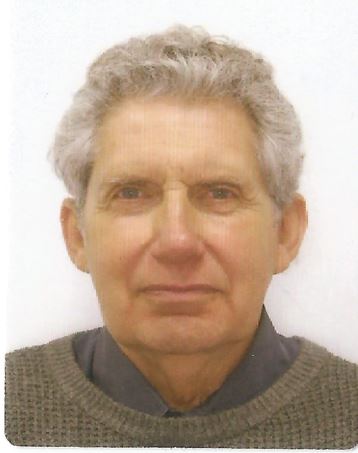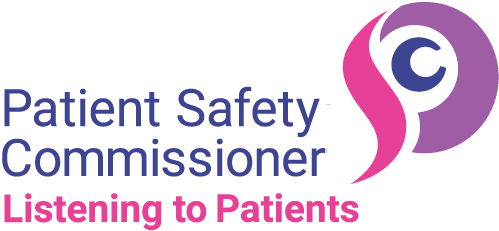
I’m a medical educator and for many years I have trained doctors and other health professionals to become better listeners. Nearly all the people I have taught have thought they were good at listening but then found how to do so better.
I am interested in the barriers that stop us from listening and how we break these down to improve the patient experience. Here I list some of the commonest barriers I regularly come across and suggest some remedies.
We’re trained to listen for facts, not stories. Nearly every patient comes with a narrative about their experiences. Doctors tend to tune out from the story elements and only listen for cues relating to the medical view of the world, for example, pain, shortness of breath. Sometimes this is essential. But it’s also unnatural and flouts the rules of normal human interactions. It can alienate people. More importantly, it may miss out on hints that, if explored, can actually change one’s understanding of the problem and lead to more accurate diagnoses and better outcomes. Doctors can learn how to become more curious so they make better decisions as well as being kinder.
We’re also action-oriented when inaction is often better. Sometimes patients come to us for something specific such as a prescription, but often they want a different kind of conversation. Many doctors feel the only one way to end a consultation is to do something. There is skill in simply witnessing what is being said, remaining silent when necessary, and accepting that often it’s best to do nothing.
We assume too that patients’ accounts must be consistent: Doctors and health professionals are often annoyed when patients say contradictory things or change their descriptions from one moment to the next. But much human experience is subtle, non-verbal, and fluctuating. Being tolerant of confusion and muddle may lead to more trust and better outcomes. Doctors can learn how to live with this.
On the whole we use questions only to elicit information but they can also invite reflection: Every doctor knows how to ask factual questions such as ‘when did the pain start?’. But there are many other kinds of questions that make people think instead, like:
- what have other people you know suggested?
- have you had any original ideas yourself of what to try next?
Questions like these can empower people to think through the best ways of addressing their own problems.
Finally, we often respond to criticism by defending ourselves and our organisations instead of regarding it as a valuable source of learning. Criticism is an opportunity to understand how others see us, and to reflect on how to improve the way we work and communicate. Doctors should know that all the stories they hear, both positive and negative, are worth taking seriously and being acted on.
Dr John Launer is a GP educator and family therapist. He works as a Training Programme Director for NHS England. He is an honorary associate clinical professor at University College London and the author of Narrative-Based Practice in Health and Social Care: Conversations Inviting Change.
